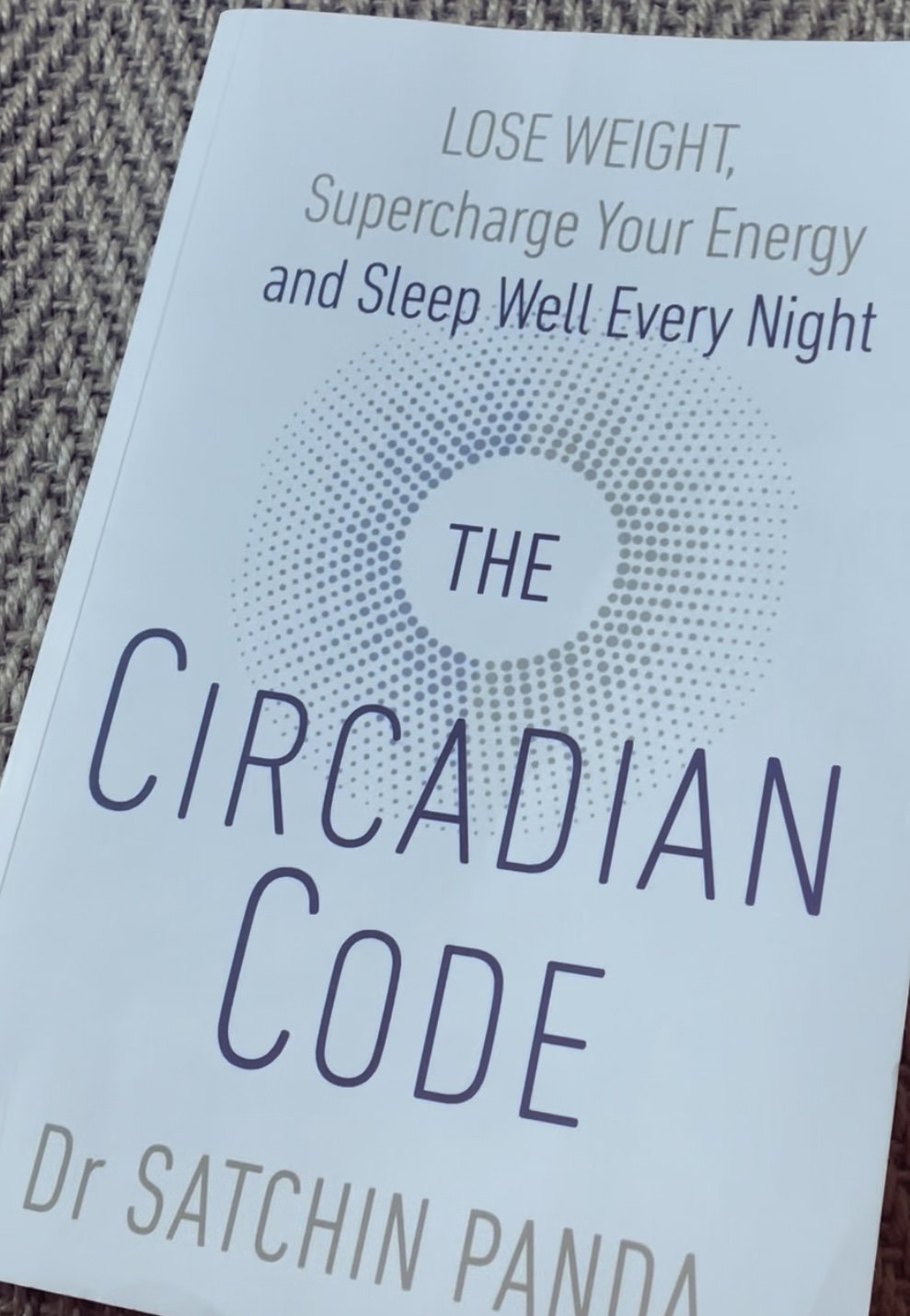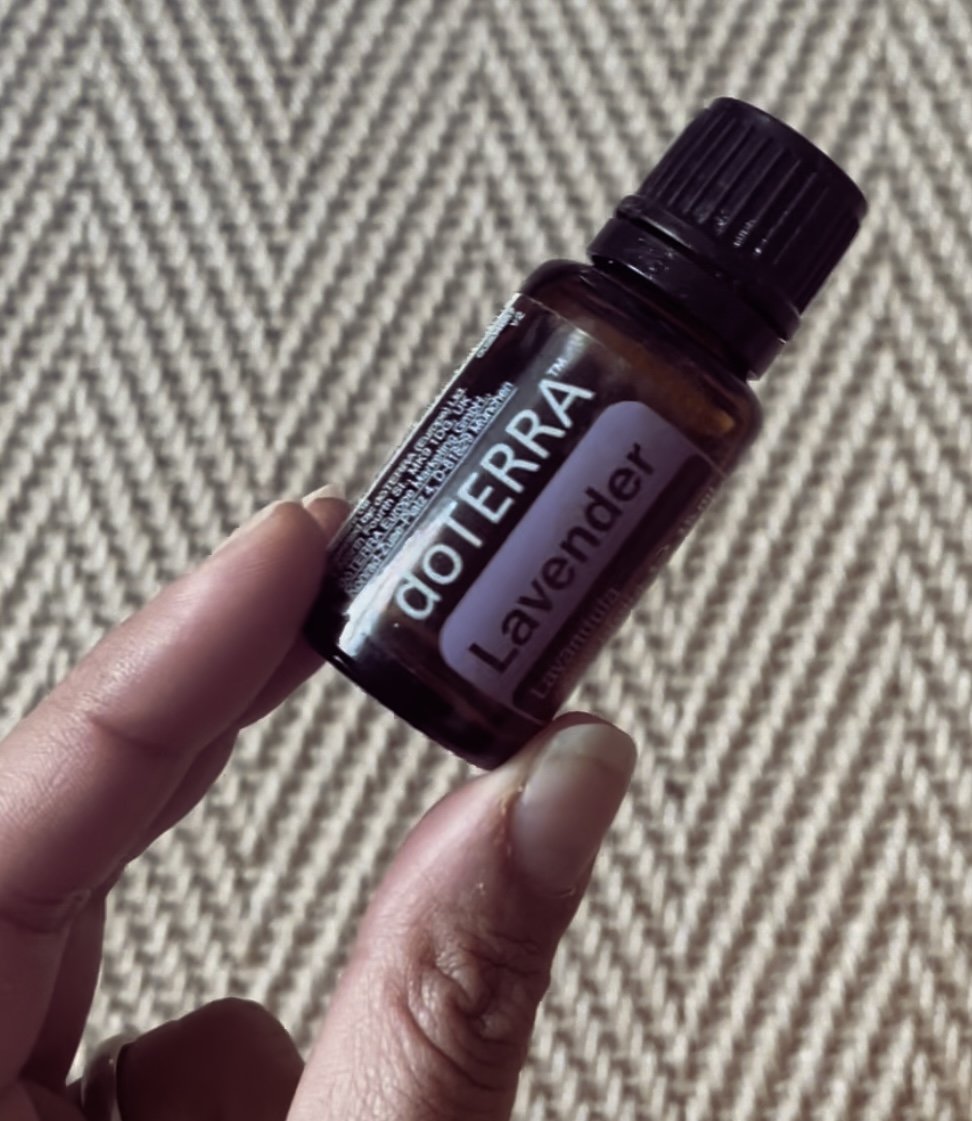The Power of a Sleep Ritual: How I Wind Down for Restful Nights
Do you struggle with getting a good night’s sleep, well, you’re not alone.
Quality sleep is essential for energy, mood, immune function, and overall health, yet so many of us find it elusive. Over time, I’ve developed a simple yet effective nighttime ritual that helps me relax and drift into deep, restorative sleep. Here’s what works for me:
1. Magnesium Supplements – Nature’s Relaxant
Magnesium plays a crucial role in helping the body relax and prepare for sleep. It supports muscle relaxation, calms the nervous system, and assists in the production of melatonin, the hormone responsible for regulating sleep cycles. Many people don’t get enough magnesium from their diet, which can contribute to restlessness and difficulty falling asleep. Taking a high-quality magnesium supplement before bed helps ease tension, reduce stress, and promote deeper, more restful sleep. I’ve noticed that when I’m consistent with my magnesium intake, I wake up feeling more refreshed and well-rested.
2. Shakti Mat – Acupressure for Stress Relief
A Shakti mat, or acupressure mat, is an excellent tool for winding down after a long day. It works by stimulating pressure points along the body, encouraging circulation, reducing tension, and promoting a deep sense of relaxation. The tiny spikes on the mat might feel intense at first, but after a few minutes, they trigger the release of endorphins—the body’s natural “feel-good” chemicals. This helps to alleviate stress, relax tight muscles, and prepare the body for sleep. I like to lie on my Shakti mat for 10–20 minutes before bed, sometimes listening to calming music or focusing on deep breathing. It’s an easy and effective way to tell my body it’s time to relax and unwind.
Click here to see the Mat I use
3. Reading – A Screen-Free Way to Unwind
Reading is a powerful way to transition into sleep mode. Unlike staring at a phone or TV screen, which emits blue light that can interfere with melatonin production, reading a physical book helps to calm the mind and reduce stress. I find that reading something relaxing (rather than overly stimulating) allows me to mentally detach from the day. Currently, I’m reading The Circadian Code by Dr. Satchin Panda, which explores how our body’s natural rhythms impact sleep, digestion, and overall health. Learning about the science of sleep has reinforced the importance of sticking to a routine that supports my body’s internal clock. Whether it’s fiction, self-development, or a book on wellness, incorporating reading into my nighttime routine has been a game-changer.
4. Magnesium Lotion – A Topical Sleep Booster
In addition to taking a magnesium supplement, I also apply magnesium lotion to my feet and legs before bed. This helps with muscle relaxation, relieves tension, and can even prevent restless legs—one of the common disruptors of sleep. Unlike oral supplements, which must go through the digestive system, magnesium lotion absorbs directly through the skin, delivering targeted relief to sore or tight muscles. I love this step because it feels like a mini self-care ritual. Massaging my legs and feet with magnesium lotion not only relaxes my body but also signals to my brain that it’s time to wind down. It’s an easy, soothing addition to my sleep routine that makes a noticeable difference in how I feel the next morning.
I love to make my own sometimes - Click here for the recipe
5. Lavender Essential Oil – Aromatherapy for Relaxation
Lavender essential oil is one of the most well-known natural remedies for promoting relaxation and better sleep. Its calming scent has been shown to reduce stress, lower heart rate, and encourage a deeper state of rest. I like to use lavender oil in a few different ways: I’ll apply a drop to my pillow, diffuse it in my bedroom, or even rub a bit onto my wrists and temples before bed. The scent creates a peaceful atmosphere and helps shift my body into sleep mode. It’s a simple yet effective way to enhance relaxation and create a bedtime routine that feels indulgent and calming.
The Importance of a Consistent Sleep Routine
Consistency is key when it comes to sleep. By creating a nightly ritual, I’m training my body and mind to associate these steps with winding down, making it easier to fall asleep naturally. Good sleep hygiene is essential for long-term health, so whether it’s magnesium, acupressure, reading, or simply avoiding screens, finding what works for you is the first step toward better rest.
Key Takeaways
Developing a sleep ritual can significantly improve sleep quality and overall well-being.
Magnesium supplements and lotion help relax muscles and regulate sleep cycles.
Using a Shakti mat promotes deep relaxation and reduces tension.
Reading a physical book provides a screen-free way to unwind and prepare for sleep.
Lavender essential oil enhances relaxation and creates a calming atmosphere.
Consistency is key—sticking to a bedtime routine signals to your body that it’s time to rest, making it easier to fall asleep and wake up feeling refreshed.
Prioritizing sleep is one of the best things you can do for your health, so find a routine that works for you and make it a nightly habit.
What does your sleep routine look like? Have you tried any of these methods? Let me know in the comments!




